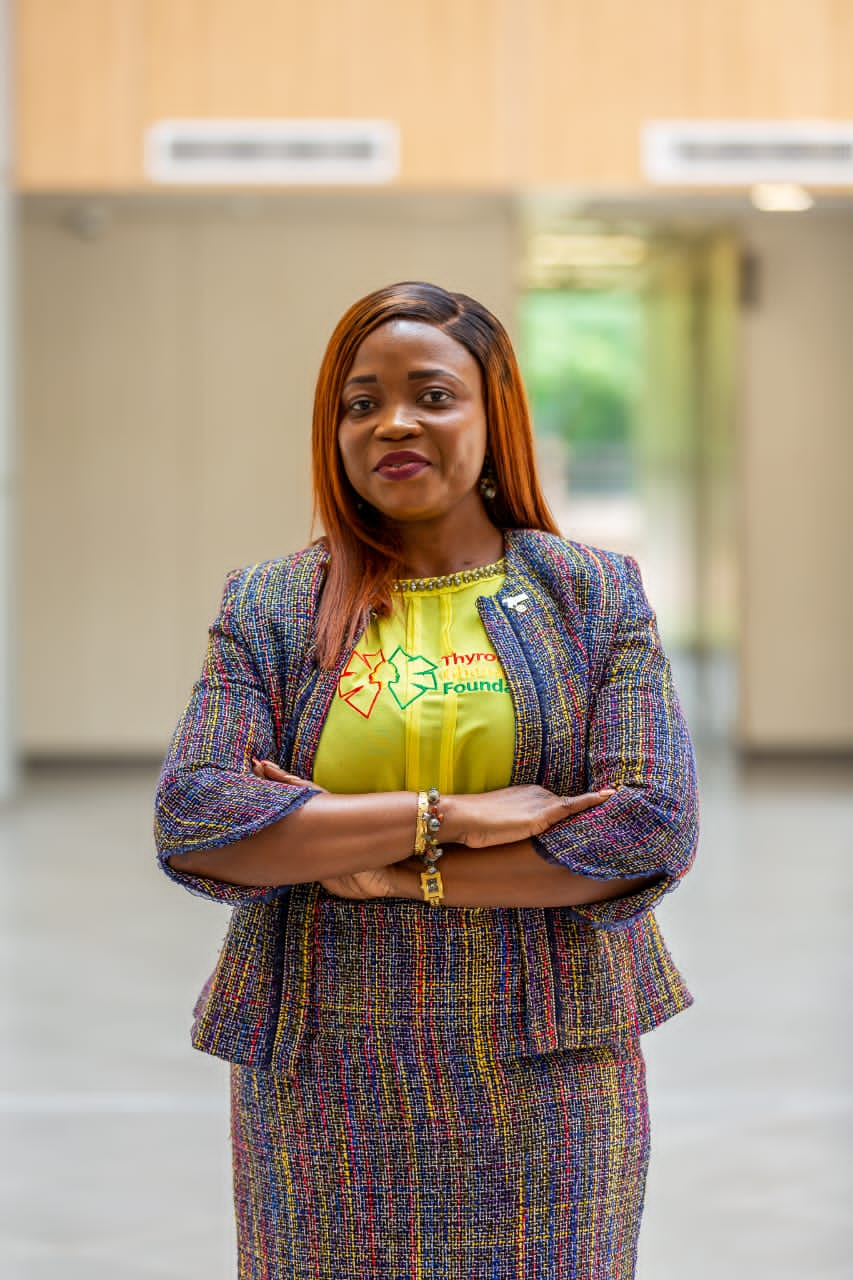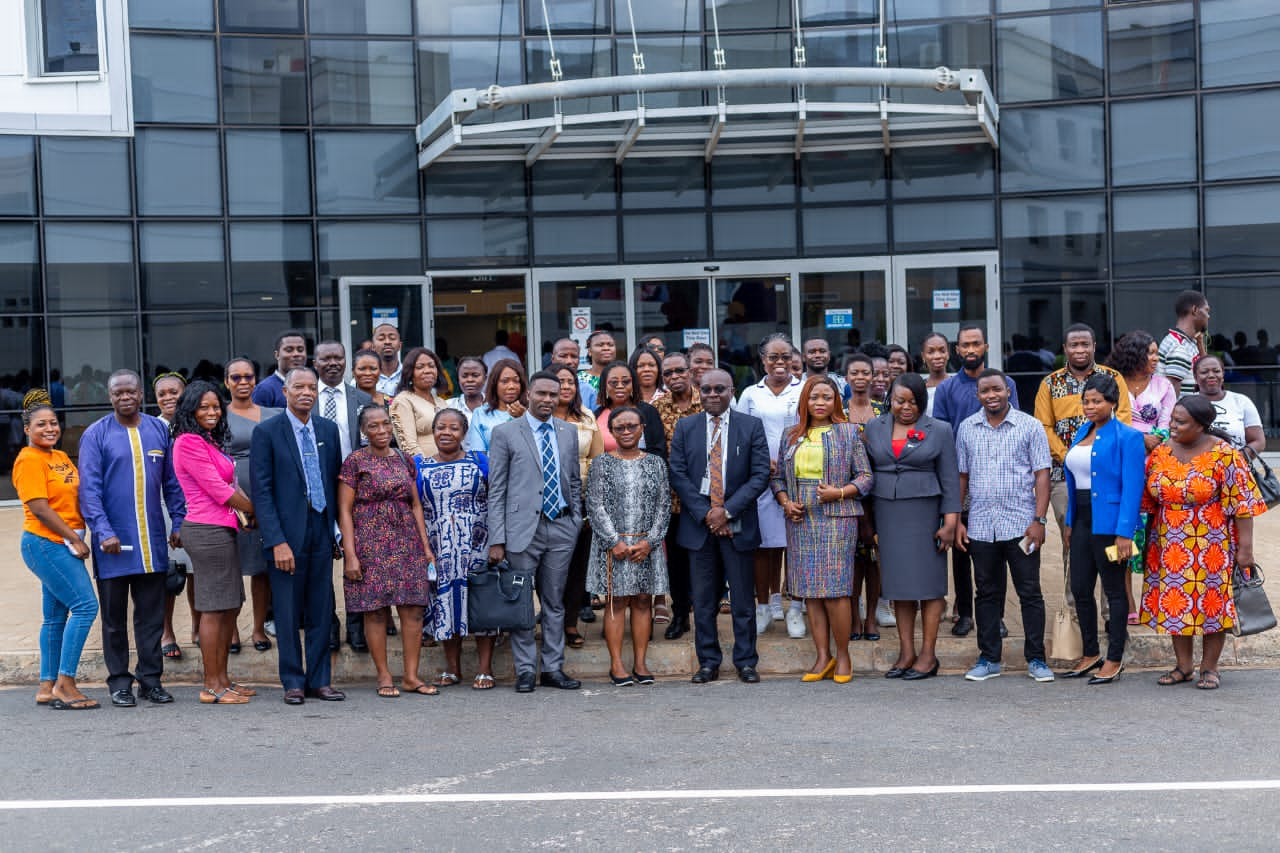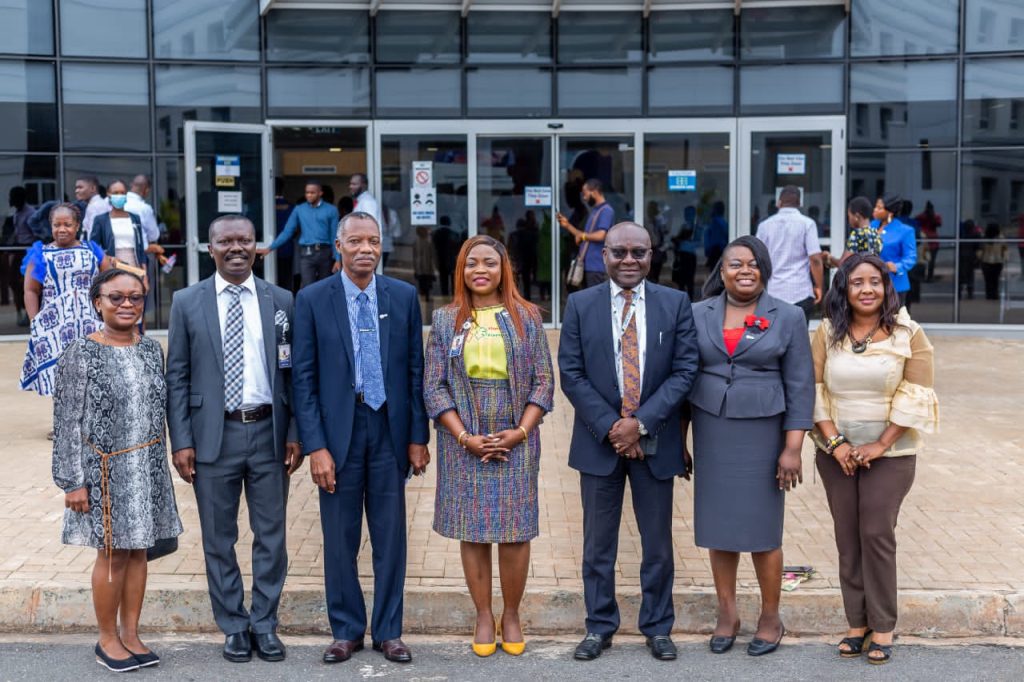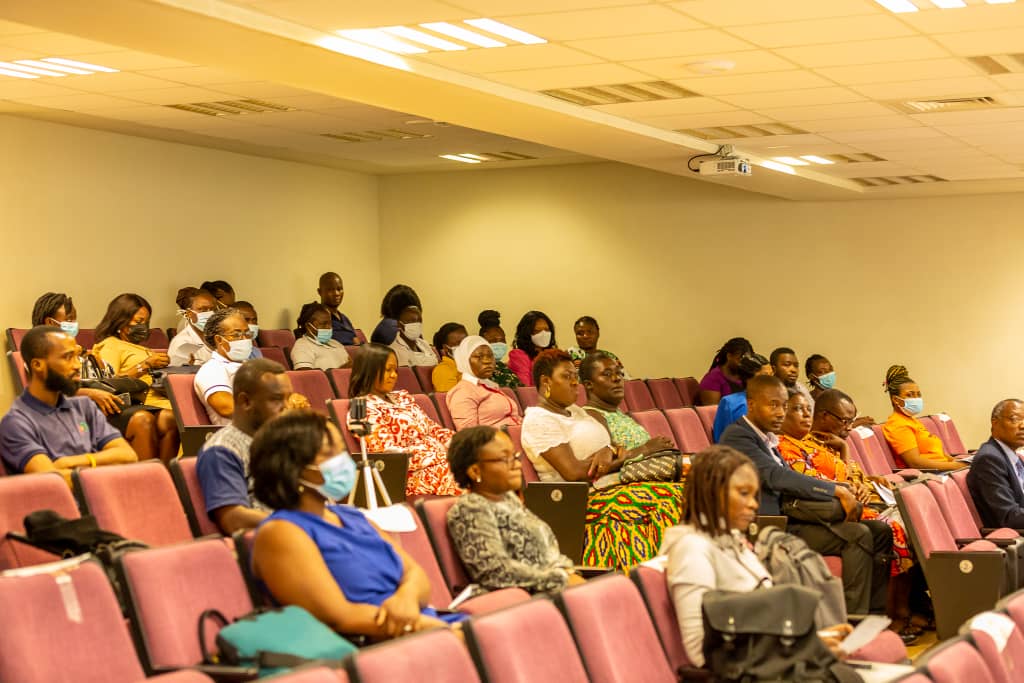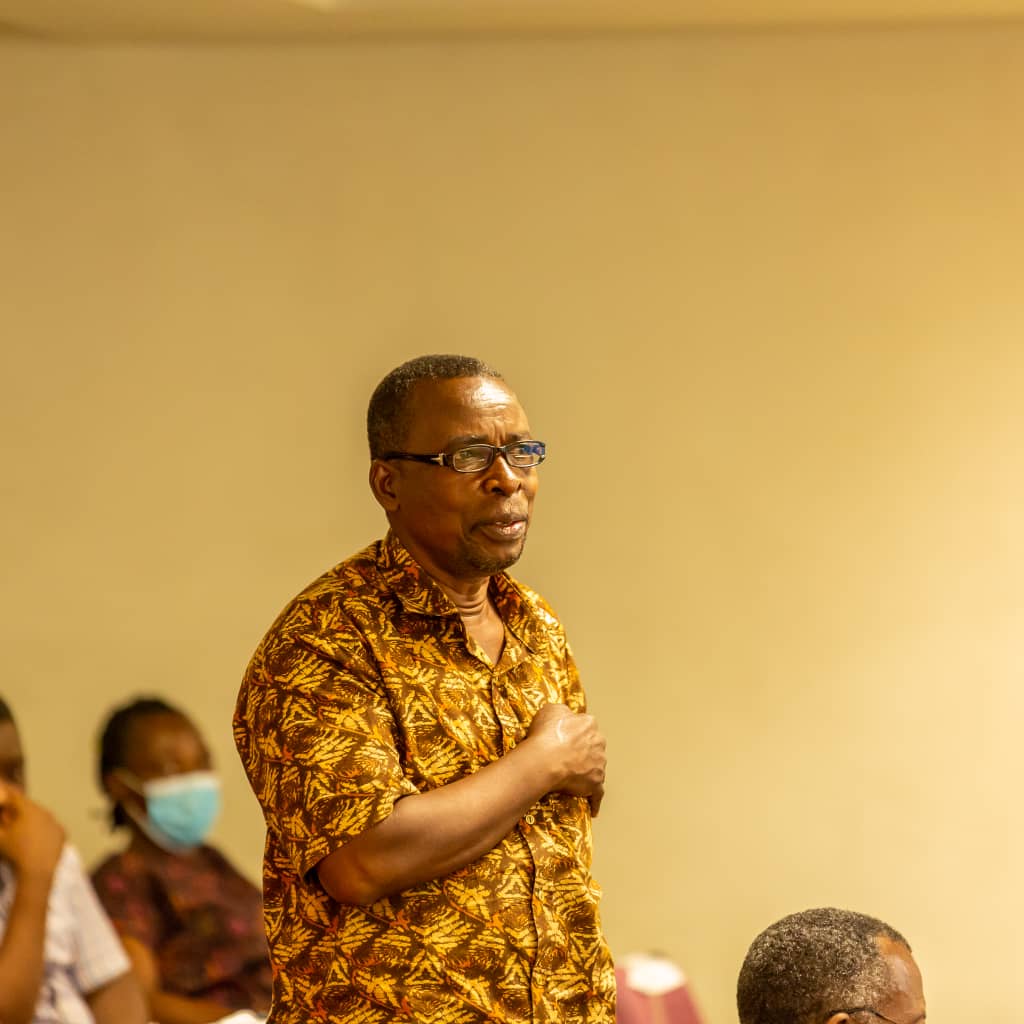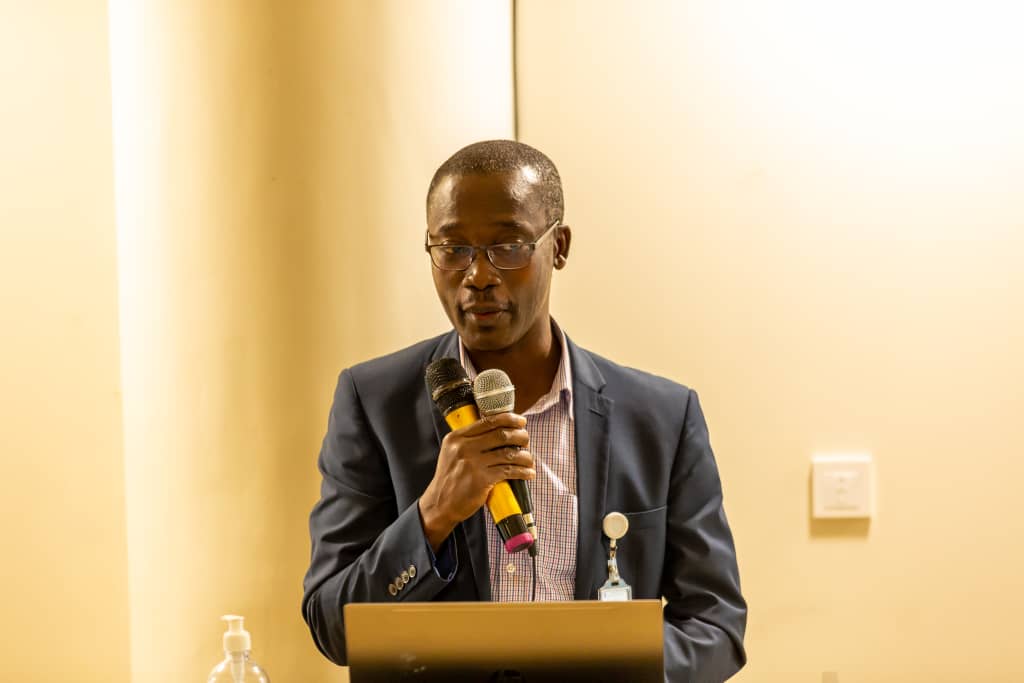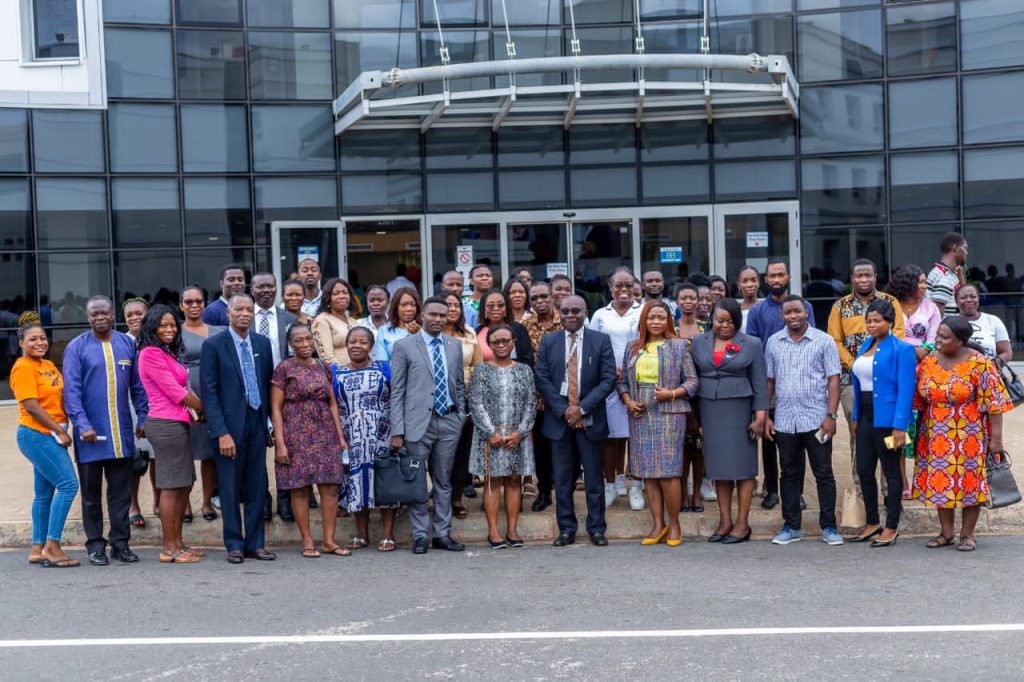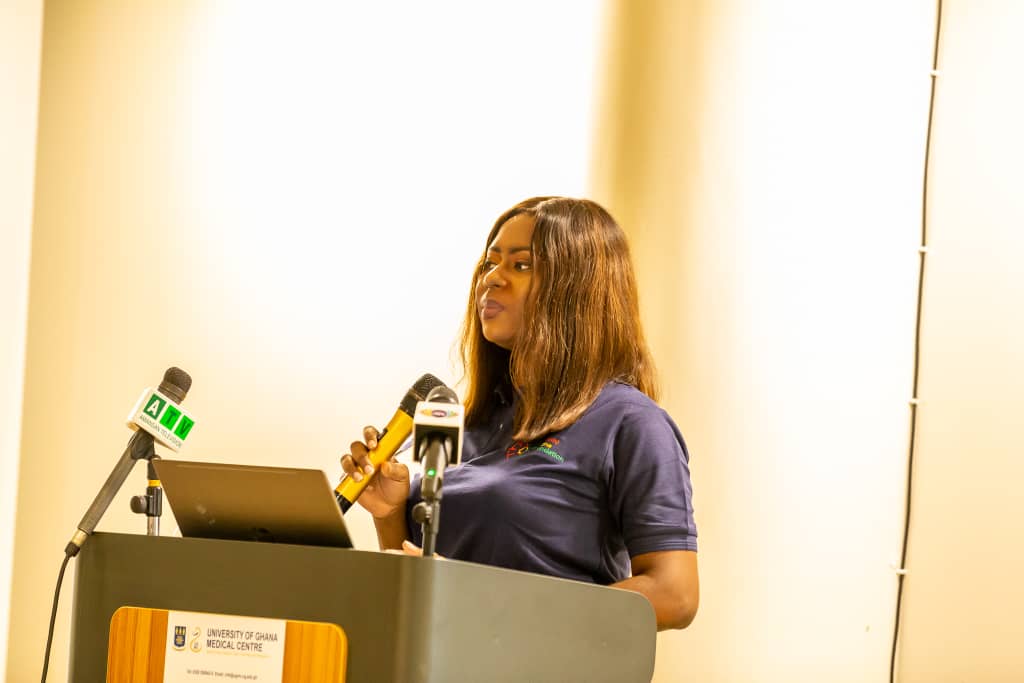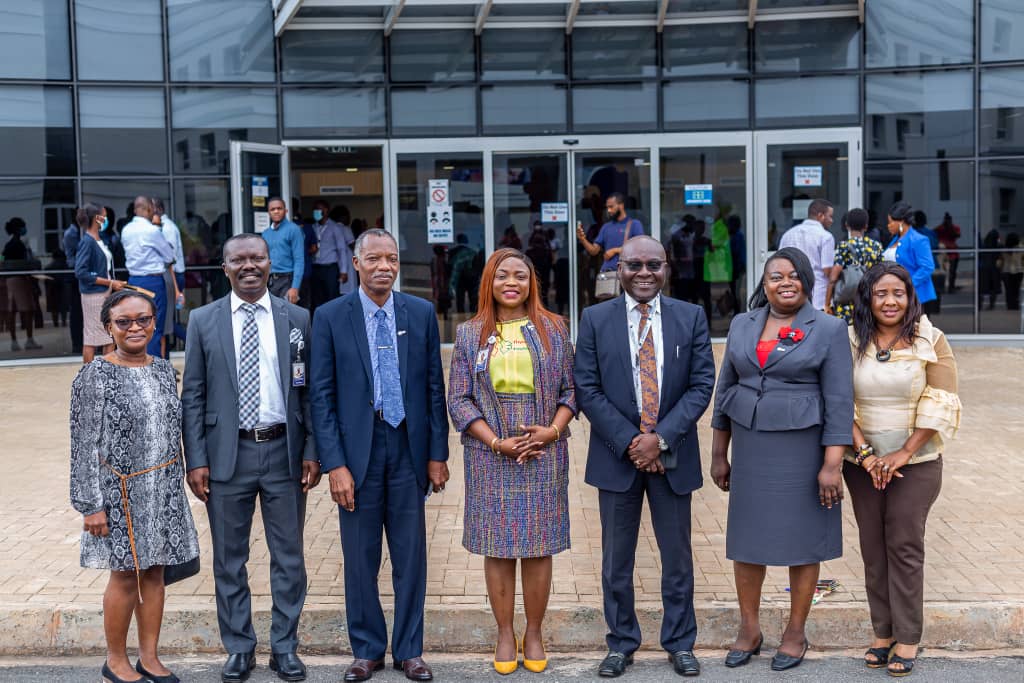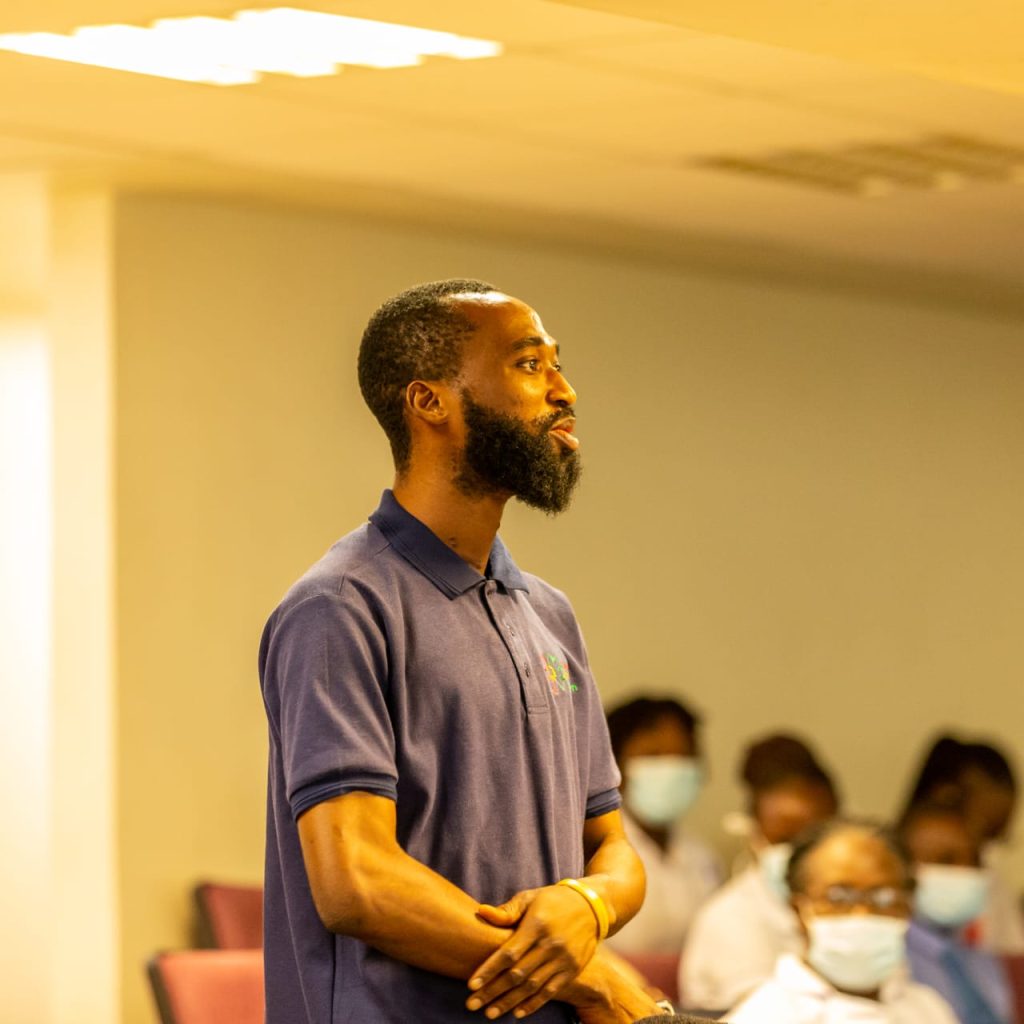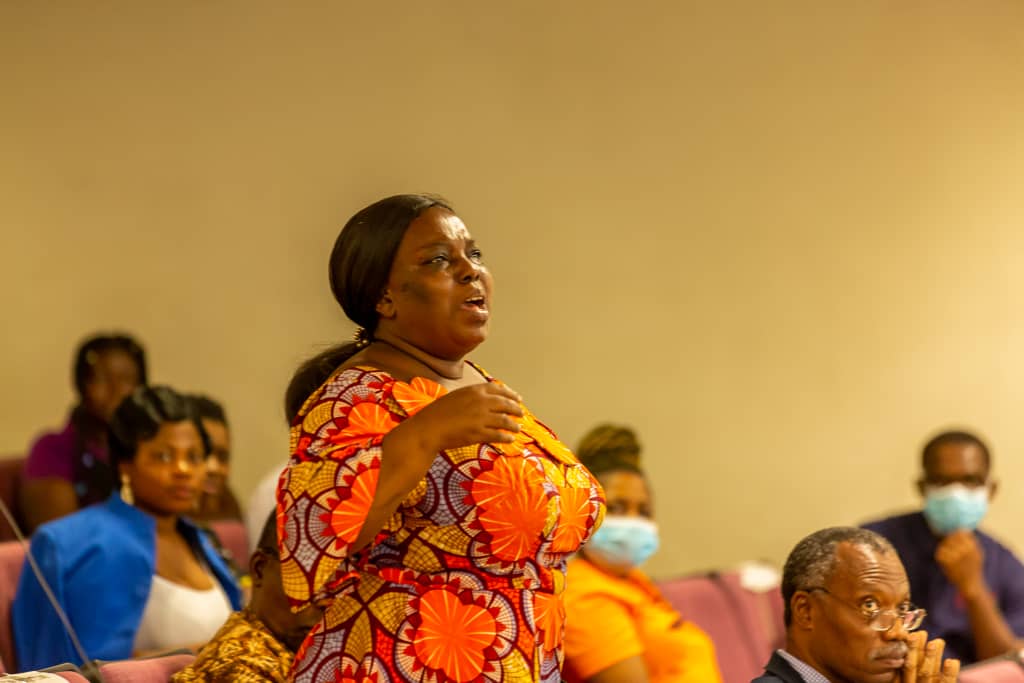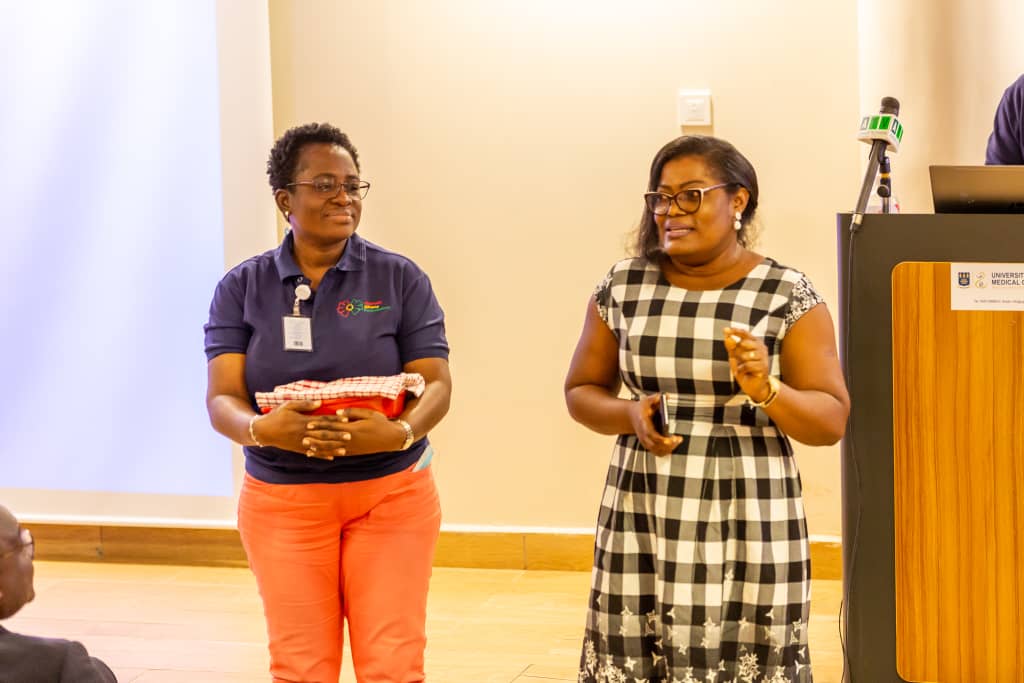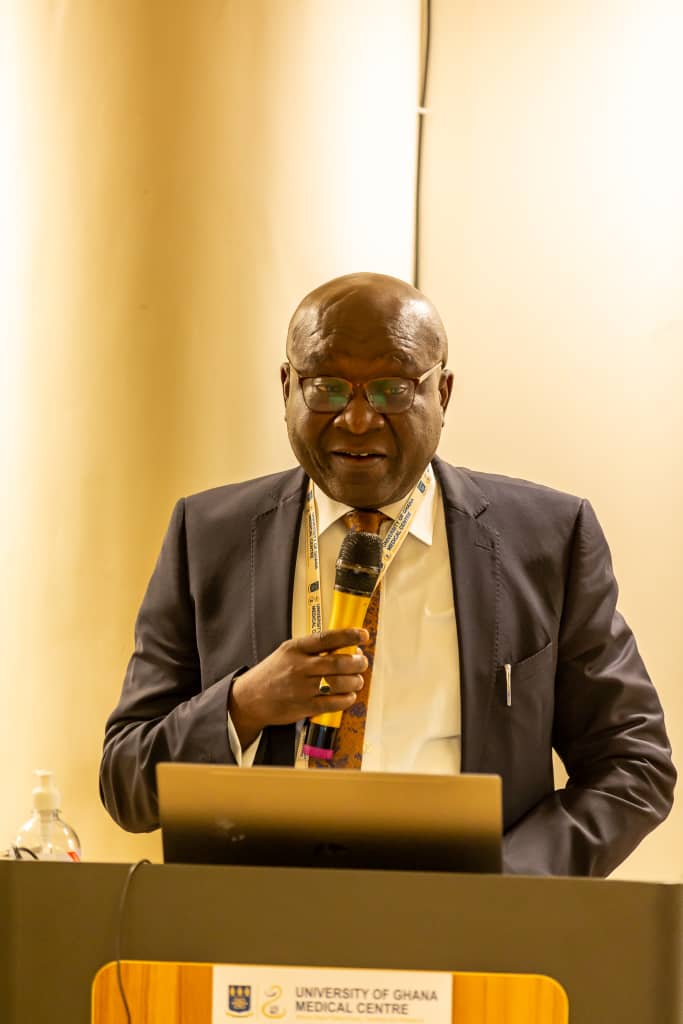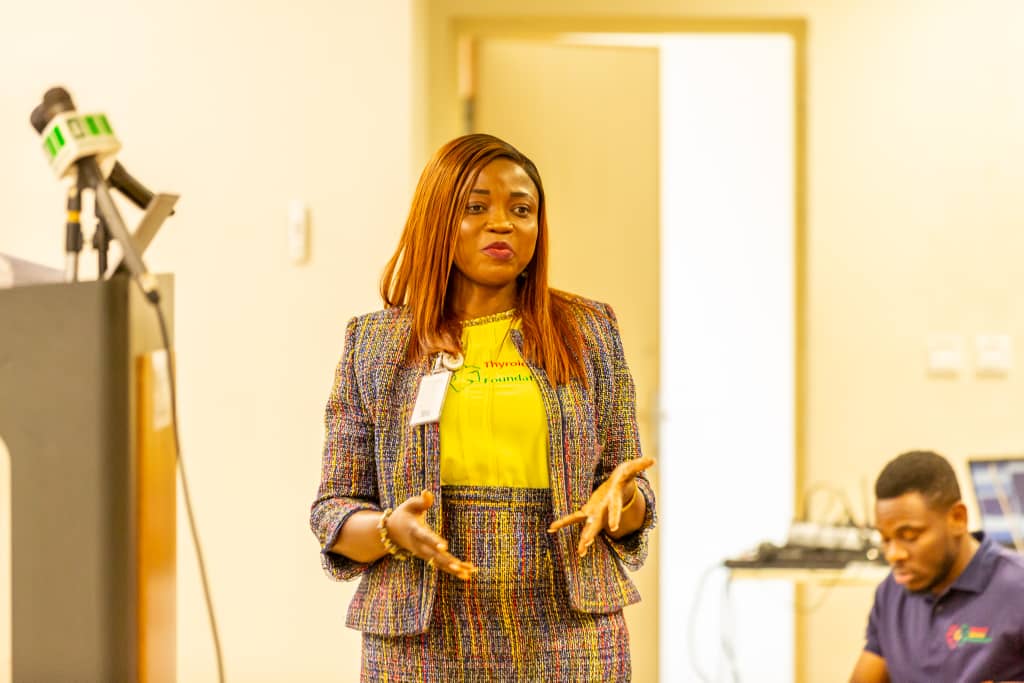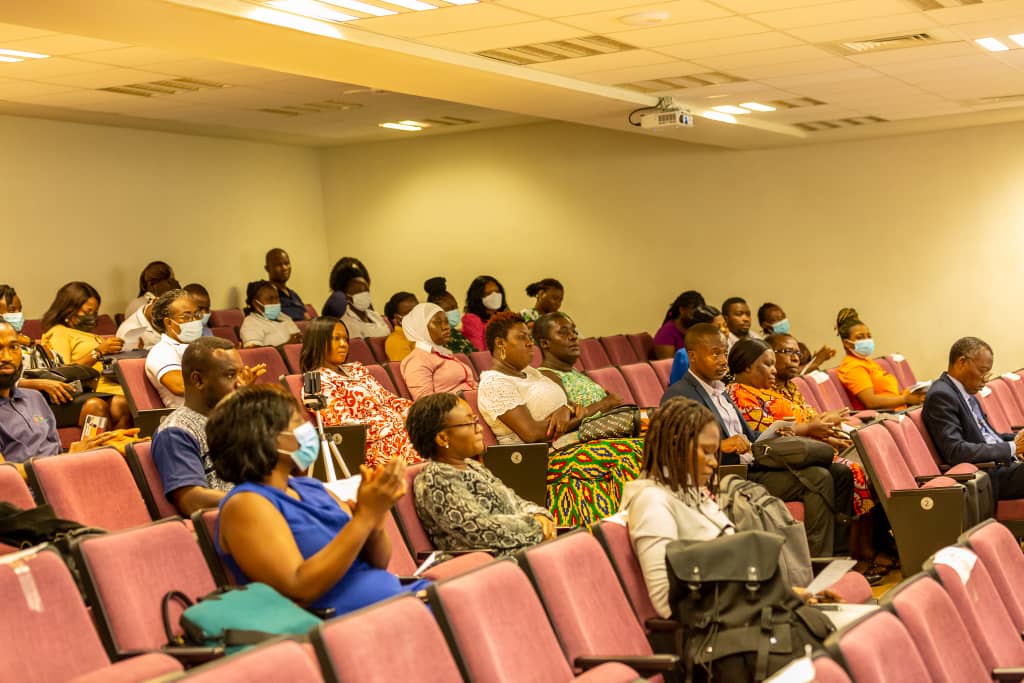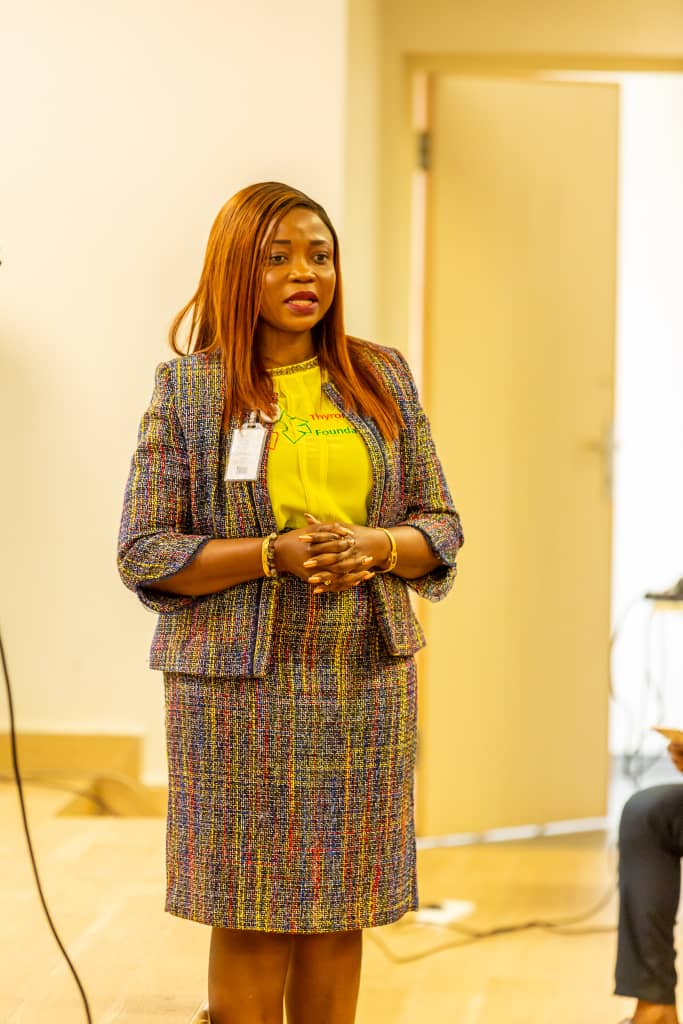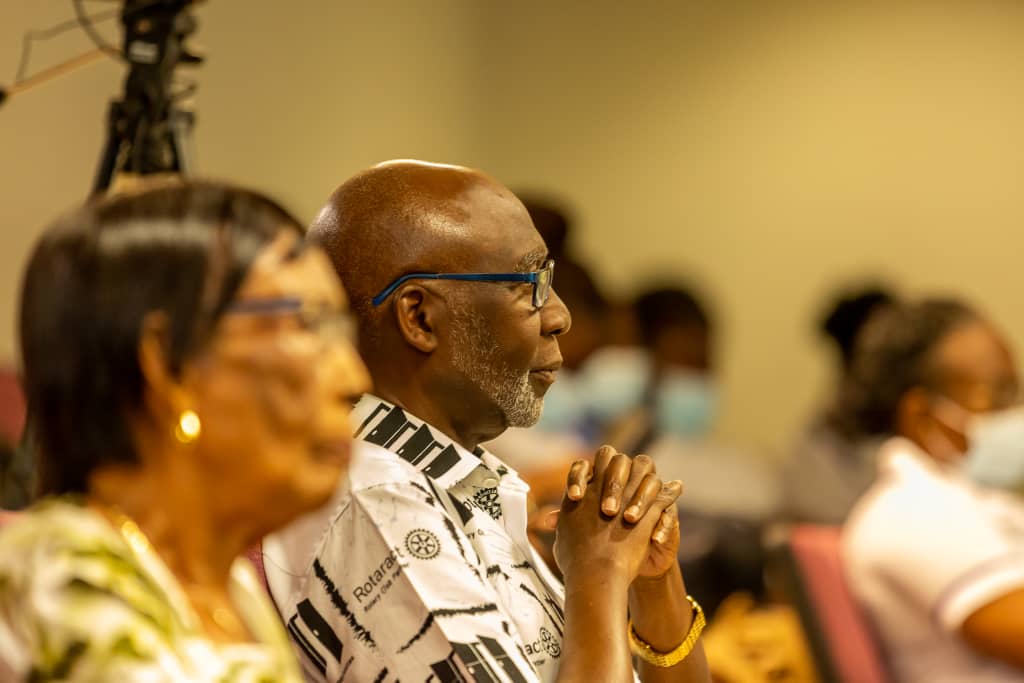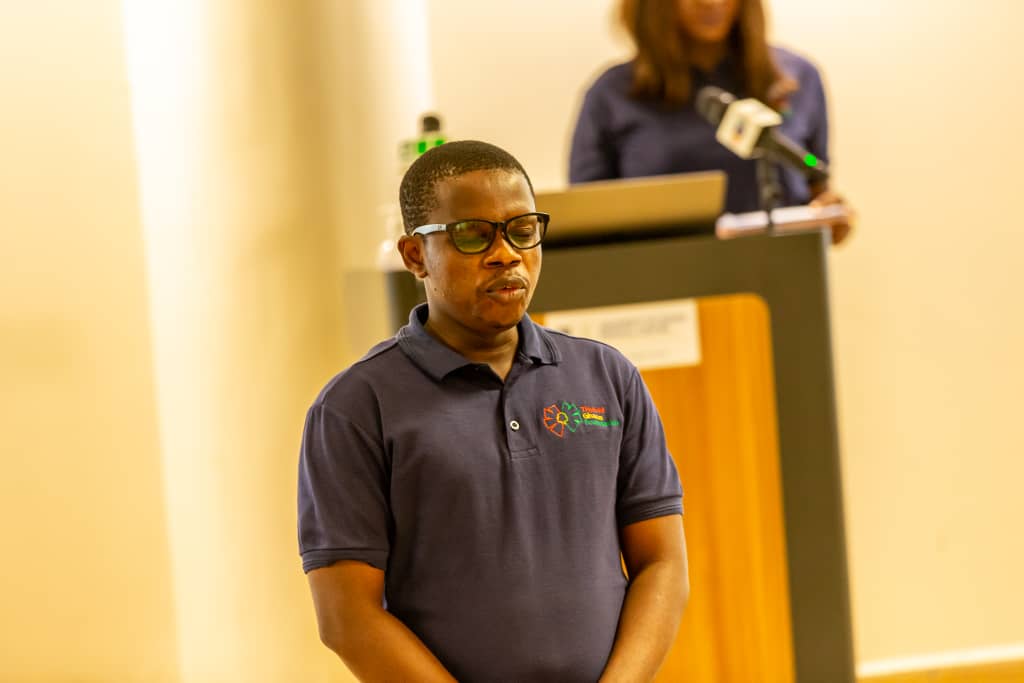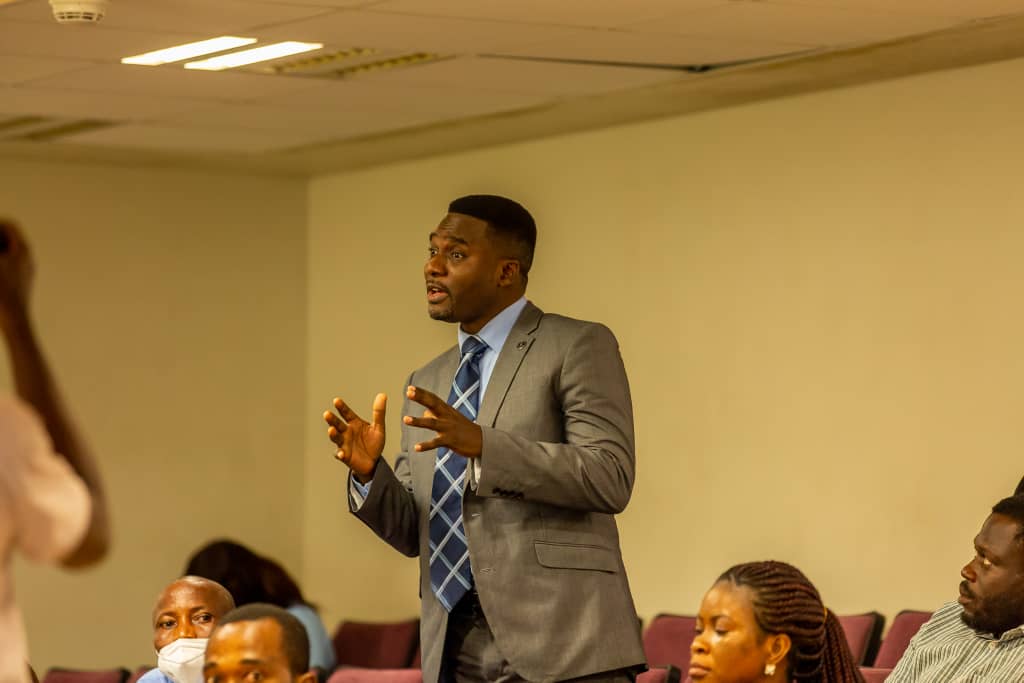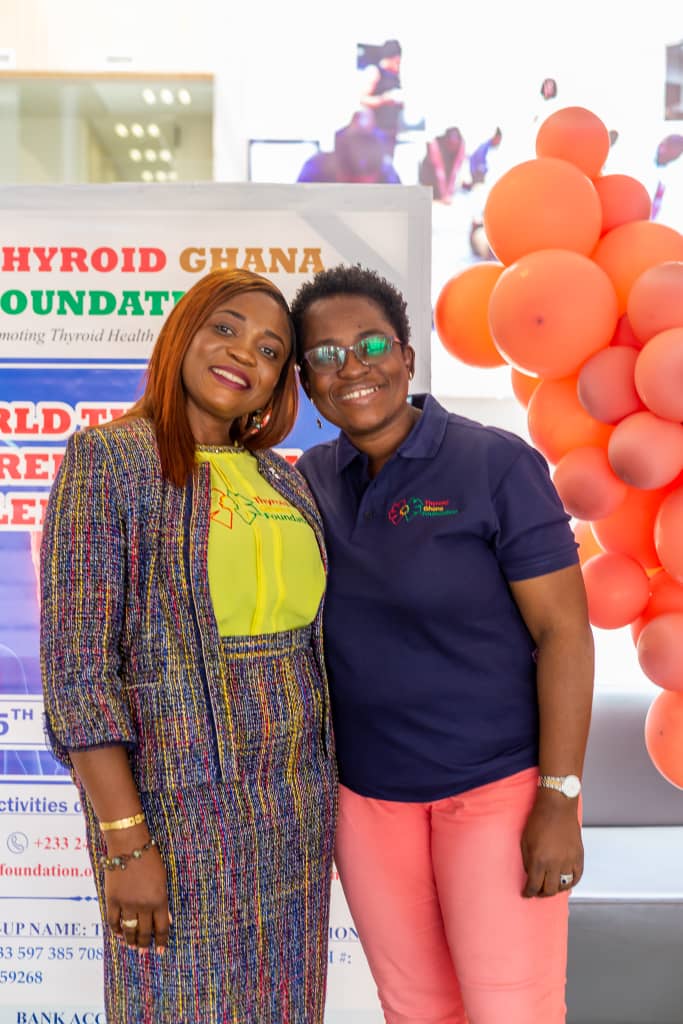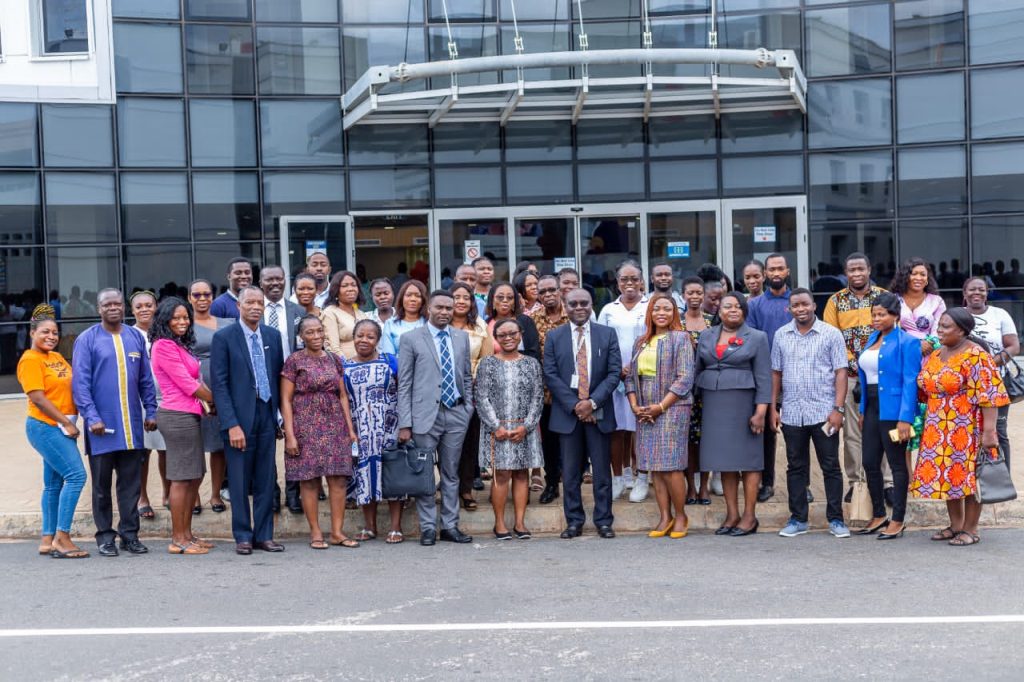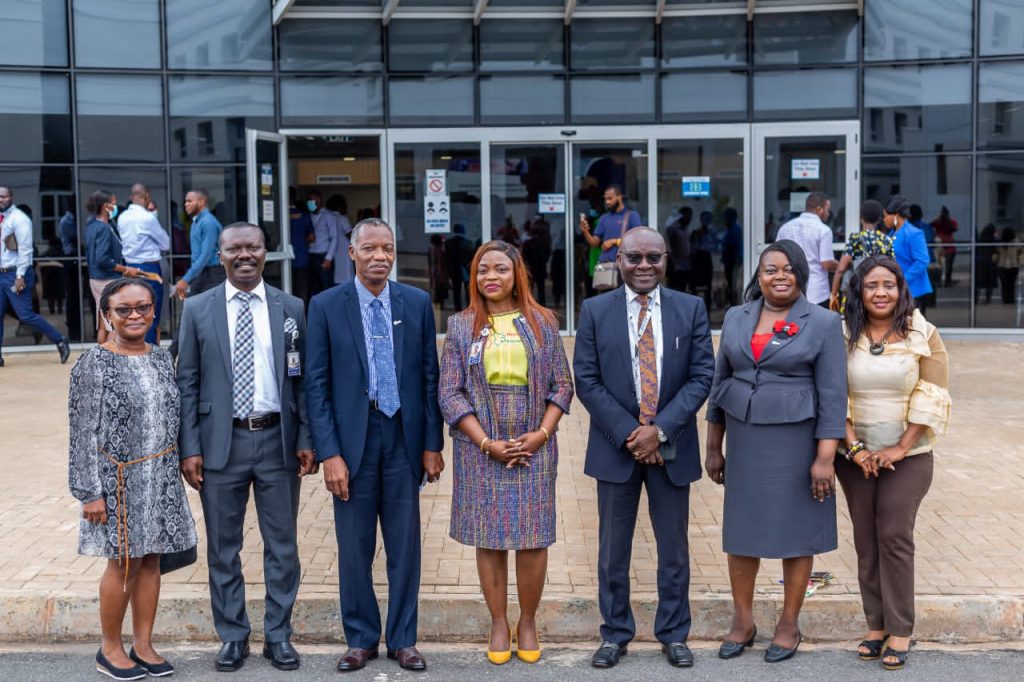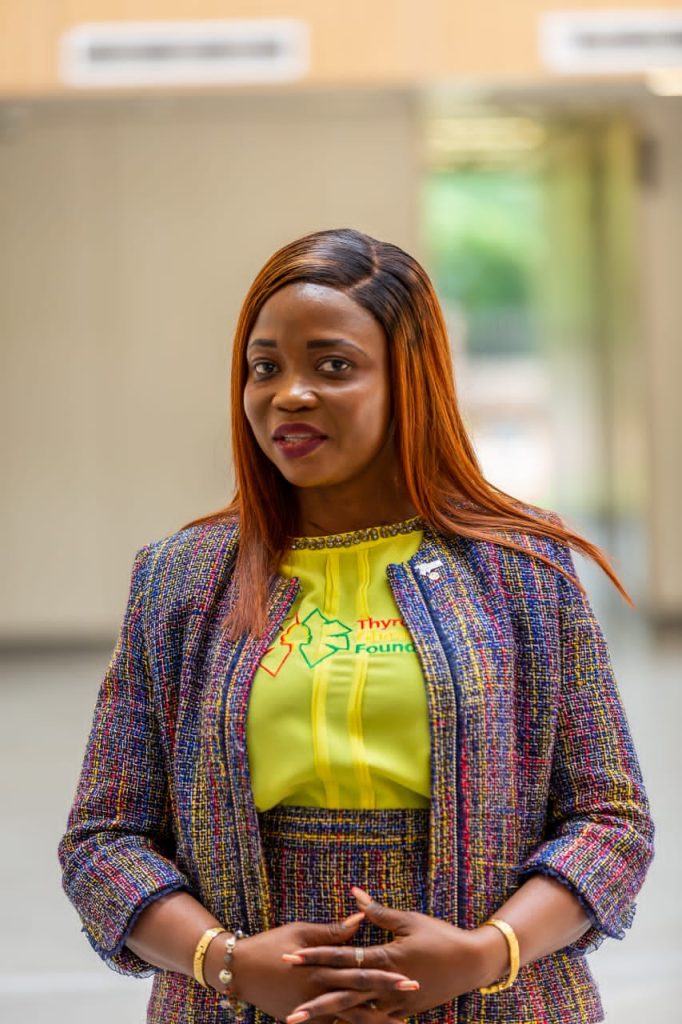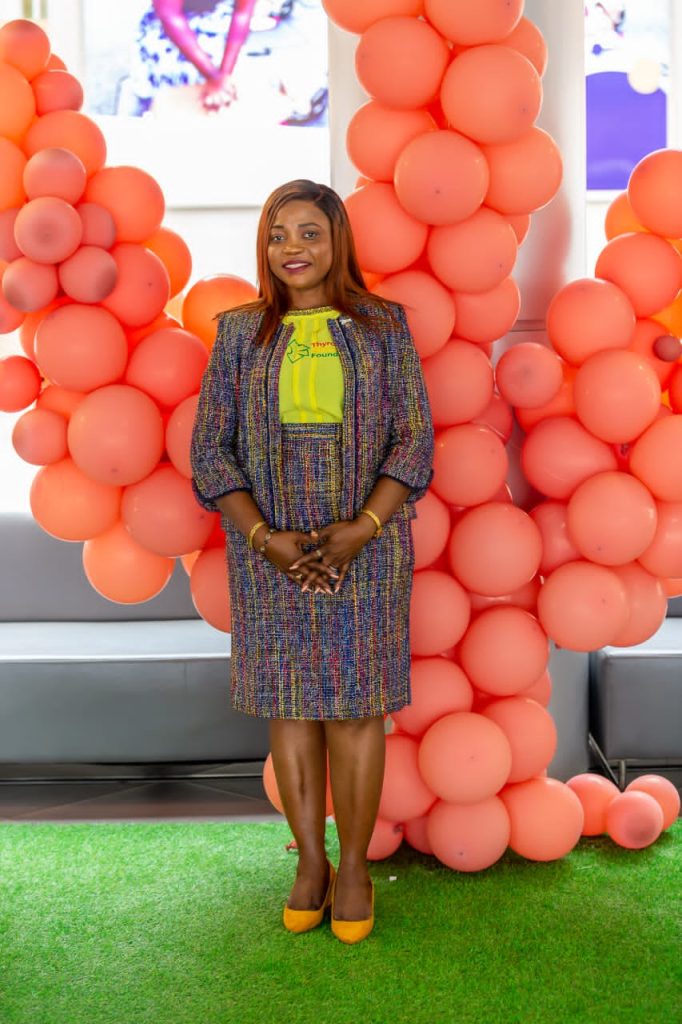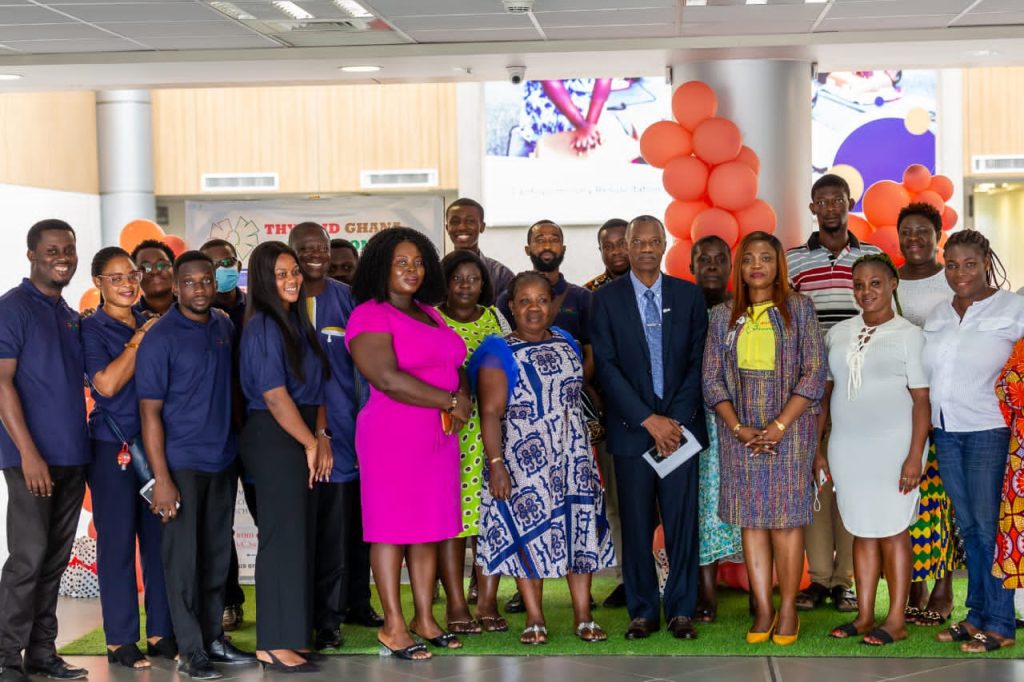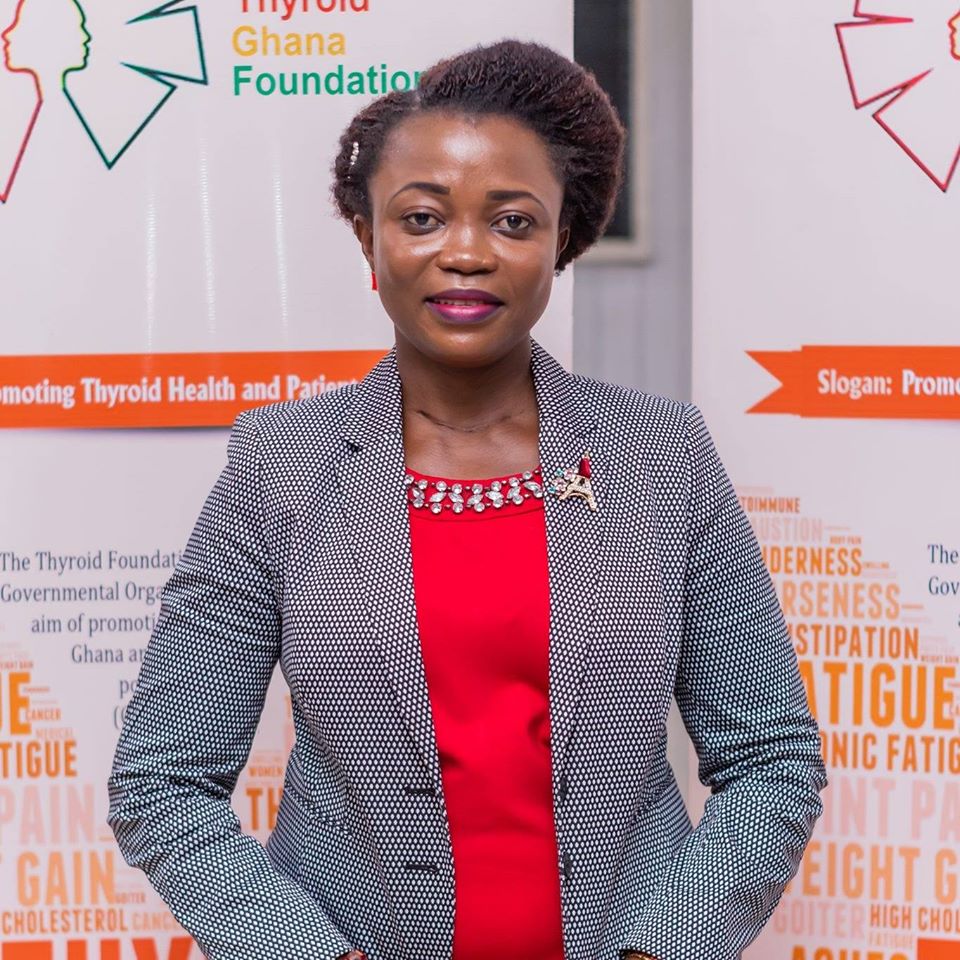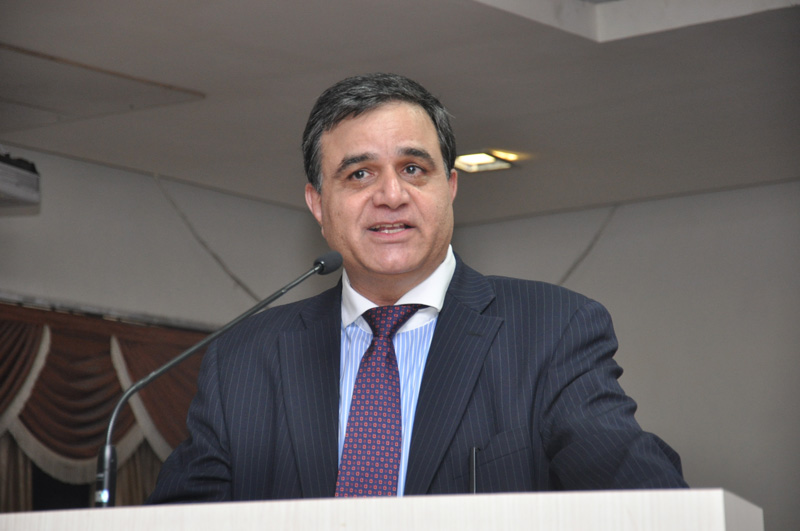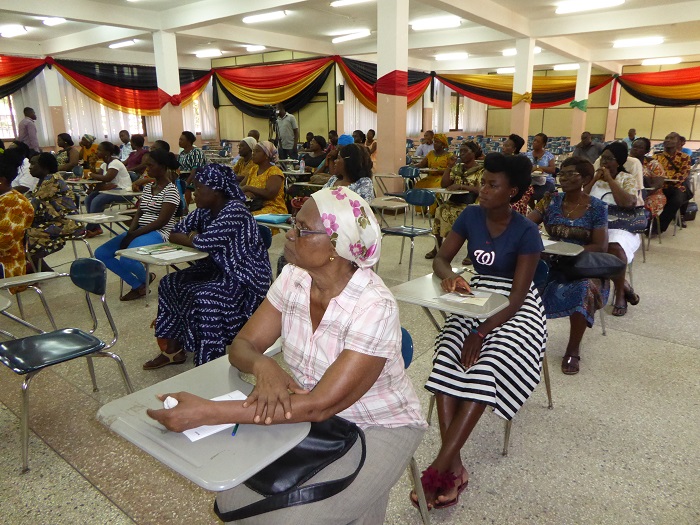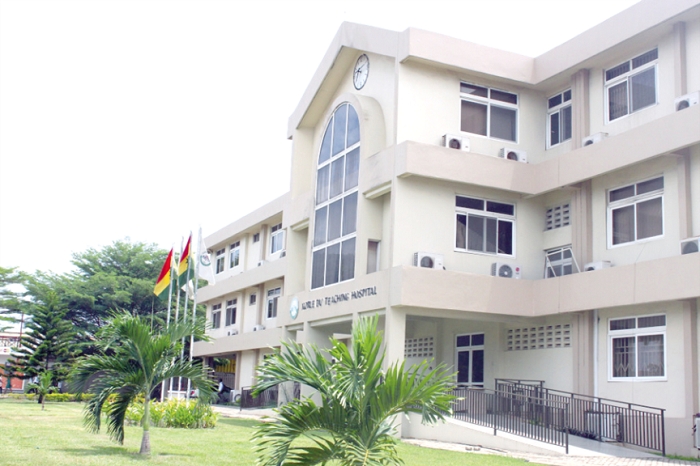Tell us about your journey. Inspire someone.
By mid-2017, I had returned to Ghana from the United States (US) after birthing my third baby. I had a pre-labour Spontaneous Rupture of the Membranes (SRM) prior to delivery and was given infusions to provide me with the needed fluids while being advised to opt for a caesarian section (c-section) which I stubbornly declined. Before giving birth, I had done all my prenatal tests, so I knew I did not have any medical conditions prior to the delivery. So, when I started experiencing severe abdominal pains several weeks after I was back in Ghana, my natural conclusion was that the discomfort was an after-effect of the SRM prior to delivery. This mindset prevented me from being too worried.
Some weeks prior to the abdominal pains, I had also experienced a recurrent sore throat which persisted even after I had taken medications prescribed from our staff clinic. I am one person who will always run to the clinic with something as common as a sore throat because I do not believe in self-medication. However, even though I took the right steps, my sore throat would heal after each dose of treatment and come back a few days later.
The abdominal pain I mentioned earlier started almost after the sore throat had subsided, and I immediately informed my Gynaecologist. He was aware of my delivery conditions because I was communicating with him from the United States of America (US), and he also had my medical history as he attended to me during my second pregnancy. He likewise thought the pain might have been because of my experience in labour and requested an ultrasound (abdominal and pelvic scan) to confirm his suspicion. The ultrasound, however, showed no infection whatsoever. “All is well and normal,” my doctor had said and had proceeded to prescribe pain relievers to help with the abdominal discomfort.
The pain gradually returned a week after I had completed the dosage, even though I did not miss a single dose. At this point, my body was probably getting used to the pain relievers, so I thought I might have to cope with the pain for a little while, as I was optimistic it would eventually go away. Three full weeks passed, and yet the pain had only gotten worse and unbearable.
I am providing vivid details of my medical history because it is relevant in understanding how secretive the nature of a thyroid disorder can sometimes be, especially during its early stages. Bear in mind that I have always been concerned about my health, so apart from avoiding any harmful substance, I was also making it a point to undergo yearly medical checkups with my family. Except for my anaemic and ulcer issues, we all checked out fine.
I have reasons to believe that I was living with this thyroid disorder for many years before being diagnosed. In 2002, after conceiving my first son, I was told I had become anaemic and was put on regular medication to restore my Haemoglobin levels. I was attending the clinic at the same place where I used to work, the Haematology Department of the Korle-Bu Teaching Hospital.
I received the best of attention from the consultants and doctors and was seen on schedule, yet my situation barely improved. Long before I was diagnosed with anaemia, I had also been battling with a severe case of ulcer and food allergies from my Senior Secondary School days and had been taking antacids and antihistamine to manage my symptoms. Interestingly, after I was diagnosed with hyperthyroidism and was put on treatment, my Haemoglobin level never dropped to the level of an anaemic, nor did I have any ulcer episodes. This led me to conclude that my thyroid problems may have started way longer than I thought.
I established the Thyroid Ghana Foundation following the battle with hyperthyroidism with took almost 8 months before I was properly diagnosed and I was working in one of the biggest hospitals in Ghana for over 16 years and had not heard anything called hyperthyroidism, left alone graves’ disease. Also, within these months, I had lost almost 25kg, my joints became weak by day.
I felt within my spirit that something needed to be done to let people know about this invisible yet serious condition which much awareness is not made. Further, my symptoms made me believe that my mom might have died of undiagnosed thyroid disorder as prior to her death she had almost all my symptoms. This gave birth to the launch of Thyroid Ghana Foundation three months after I had undergone a thyroid surgery successfully.
The foundation seeks to create awareness of the Thyroid disease in Ghana and beyond and to bring affordable treatment to those affected by it. As part of its action plan, the Foundation seeks to establish a state-of-the-art health center for the treatment and care of thyroid patients.
What were the biggest initial hurdles and how did you overcome them?
The biggest initial hurdles were getting affected persons to accept their condition (stop living-in-the-state-of-denial) to take appropriate steps to overcome the numerous symptoms of the condition and getting funds to support the needy ones. Also, getting institutions (hospitals, pharmaceutical companies, laboratory and imaging organizations) involved in the care of thyroid disorders to give discounts and other support to help relieve some of the financial burdens of affected persons. Finally, getting family and institutions that affected persons work with to understand how serious the condition is and to provide the affected person with all the love and support needed to be able to overcome the symptoms.
These hurdles, though not totally overcome, has been lessened as the foundation had put in place programs that support the affected person to feel belonging to a family (the WhatsApp support platform – where affected persons are allowed to post their thyroid related issues for help form medical practitioners) and the thyroid patients forum – where thyroid specialists and caregivers are gathered to answer questions of affected persons, general public and media which has given affected persons more knowledge about the condition, how to overcome their symptoms, and which symptoms require the attention of a caregiver. The awareness drive has gone far with the help of some media houses that granted the foundation the opportunity to use their platforms (TV, Radio, and the other social media handles), this has made families, institutions and society knowledgeable about the condition and are supporting affected persons.
Also, in terms of getting institutions involved in the care of affected persons, with the help of the Board Chairperson of the foundation, proposals were sent to organizations and affected persons now gets discounts with 3 of the biggest laboratory and imaging organizations in Ghana, offering discounts between 10-30% on investigations done with them. Also, the foundation has collaborated with the University of Ghana Medical Centre – where I work, since May 2021, to provide thyroid surgeries at a subsidized fee of (1/3) of the full cost to affected persons who require the thyroid surgeries and are finding it difficult to raised funds to pay as the surgery is expensive.
For those who are unable to afford the subsidized fee of the (1/3), the foundation came up with a strategy to go to the places of religious worship of such individuals as an awareness creation drive and also use the opportunity to appeal for funds in support of the person’s care at no cost. Finally, we also from time to time gets pharmaceutical companies donating drugs to be shared for affected persons.
What books are you currently reading?
I always read thyroid related research-based articles to get information on current trends of discoveries in this area to be able to support thyroid affected persons. Also, I check on the activities of other thyroid support initiative groups and organization to see the kind of support they’re providing to the thyroid families so as to see where possible collaboration could be generated. I also love to read leadership, empowerment and organizational citizenship books and articles as that is where my PhD thesis is on.
What advice would you give to an upcoming youth or talents locally and internationally?
To take care of their health, by being more intentional about it. That is paying more attention to our well-being as I always say, if you have good health, you have wealth. Not to be selfish to share health information with those that needs it and not to be biter if you’re diagnosed with any health condition but to rather accept it and seek the appropriate health intervention required.
Let’s not attribute every health challenge to some ‘witches’ and be ignorant about seeking medical interventions. Yes, it’s great to pray but let’s back our prayers with the needed action, for the bible says, “faith without works, is dead, being alone: James 4;17”.


